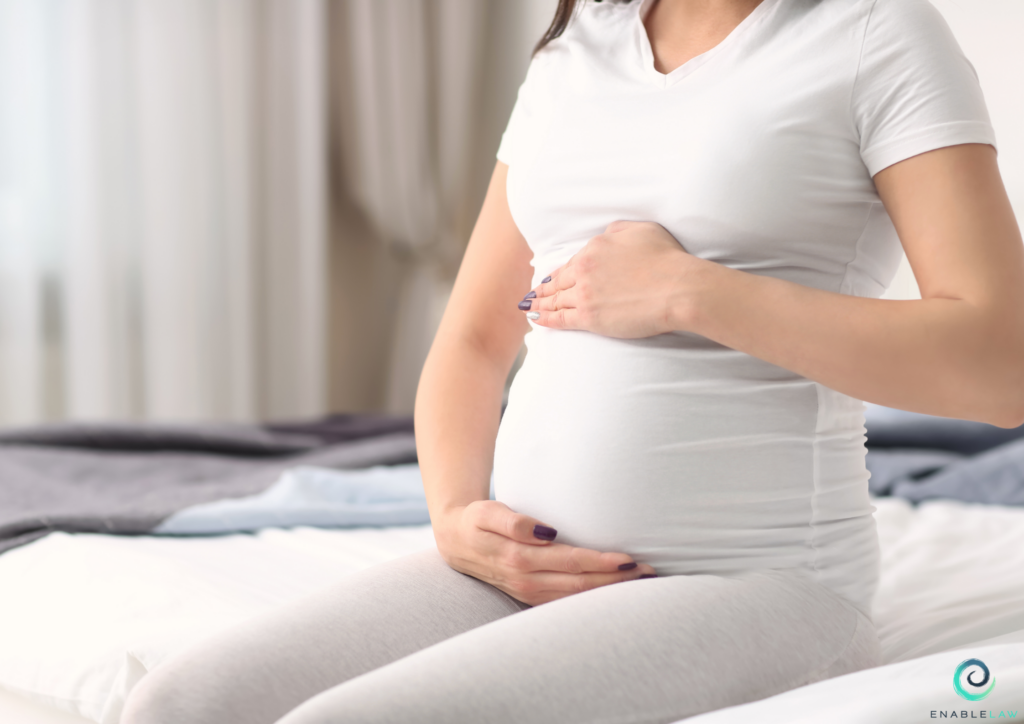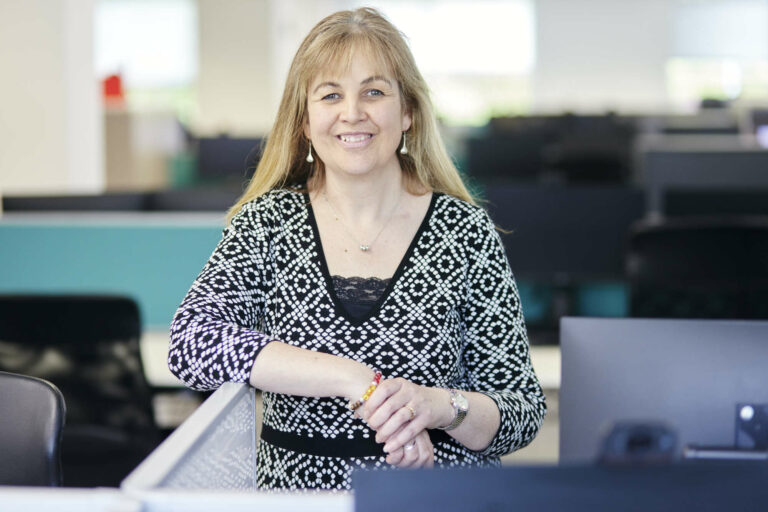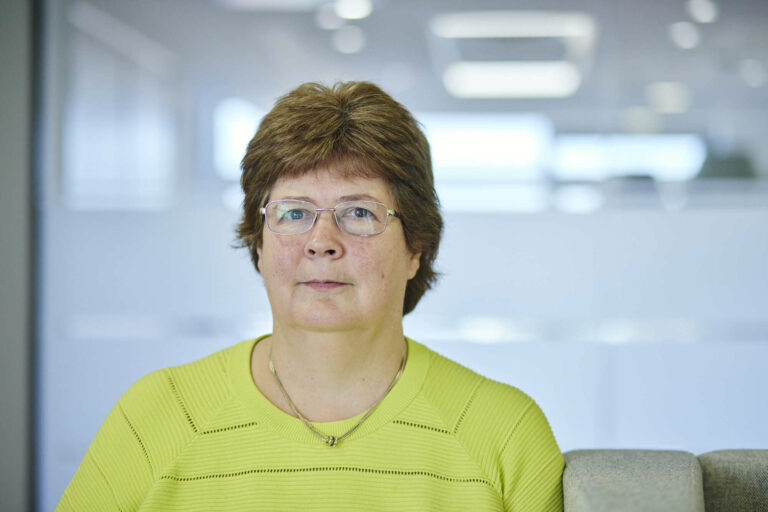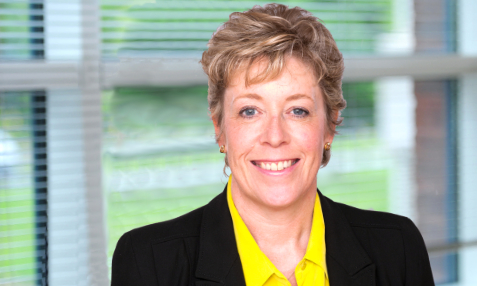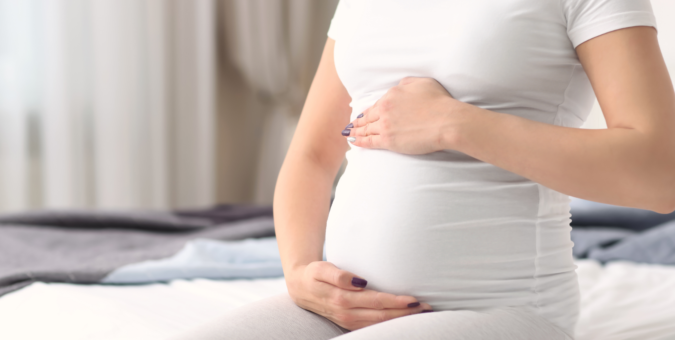
Jennifer* approached us to investigate potential failures in her daughter’s delivery and/or in the post-natal period. Her daughter, Rosie, has cerebral palsy caused by meningitis.
Jennifer had consultant led-hospital care because of her history of miscarriage. She had suffered four miscarriages before getting pregnant, but this time her pregnancy progressed well with no issues. At 36 weeks’ pregnant, Jennifer’s contractions began, and she rang the hospital straight away. They said she couldn’t go in until her waters had broken. Her waters broke the following day. Jennifer was extremely concerned because they were green.
On arrival at hospital, Jennifer went into labour quickly and was given pain relief, but wasn’t given any antibiotics. The CTG scan (to monitor her baby) was reassuring to start with but then her baby started to get distressed with contractions and her heart rate dropped. After a long labour, Rosie was delivered with forceps.
Rosie wasn’t breathing when she was born but was resuscitated quickly. Jennifer remained concerned that her green waters meant she and her baby needed antibiotics. The nurses had no concerns, but the following day, Rosie’s feeding pattern changed and Jennifer noticed that Rosie’s legs and arms were moving in a different way. After a review by the paediatrician, Jennifer and Rosie were discharged home. Jennifer’s concerns about the need for antibiotics, Rosie’s feeding and strange movements were all dismissed.
At home, Rosie stopped feeding. She was constantly crying and lethargic, her skin was grey and she had begun to make grunting noises. Jennifer was concerned that Rosie was dehydrated so she took Rosie back to the hospital, where they found she was significantly dehydrated and hypothermic. Rosie was rushed under a heat lamp, as she couldn’t regulate her own temperature. She was then taken to the Neonatal Intensive Care Unit (NICU) where her bloods were taken and antibiotics were given. Rosie was diagnosed with GBS (Group B Streptococcus infection), meningitis and sepsis. This was the first time Jennifer had ever heard of GBS. Her urine was tested and she was found to have maternal sepsis. Luckily, she did not feel unwell but was given antibiotics as a precaution.
Rosie had a CT head scan which showed a bleed on the brain. Jennifer was told that Rosie had suffered brain damage. At the age of 3, Rosie saw a paediatrician because she was frequently tripping and was diagnosed with cerebral palsy, caused by the meningitis.
Some of the key issues that we identified a need to investigate were:
- As a high risk patient, whether Jennifer should have been advised to attend hospital when her waters broke.
- Whether a doctor should have been called to review Jennifer on admission because of her pre term labour and green waters.
- Whether Jennifer should have been given IV antibiotics during labour.
- The management of delivery, including whether appropriate monitoring of the baby and action as a result took place during labour and delivery.
- Whether delivery should have been earlier and if this would have avoided Rosie’s brain injury.
*Names and some facts have been changed
How do we investigate a potential claim?
When we are contacted by a family, we first listen to the story told to us by the parents. We have to assess whether a claim is likely to succeed so that we can commit to investigating further.
We request copies of all the medical records for both mum and child. We also ask for copies of any complaints documents, serious investigation documents and relevant policies, guidelines and protocols from the hospital.
Once we have the medical records, these are considered in detail and sent to independent medical experts for their opinion on whether the treatment provided was negligent. In a case like this, we would approach a midwife, an obstetrician and a neonatologist initially. Obtaining the opinions of experts is crucial to the success of any claim. If the advice from the experts is supportive of substandard care we then look at the cause of the injury (in this case Group B Streptococcus) and instruct other experts, such as a Paediatric Neurologist and Neuroradiologist to advise as well.
We can help you investigate whether mistakes were made and whether GBS harmed your child.
Sadly, we have lots of clients whose babies have died or been severely brain injured due to GBS or other negligence during their birth. We work hard to ensure that families get the support and advice they need at such a devastating and difficult time in their lives and can do the same for you.
We work with charities such as Group B Streptococcus Support and strive to bring about positive change for every family we work with. An increased awareness of Group B Strep, both by parents and by the medical profession, is vital and that is why we have supported, and continue to support, the incredible work of GBSS for many years..
You can read more about our work with GBSS on our dedicated Group B Streptococcus page or if you would like to discuss any aspects of yours or your child’s care please call us on 0800 044 8488.

